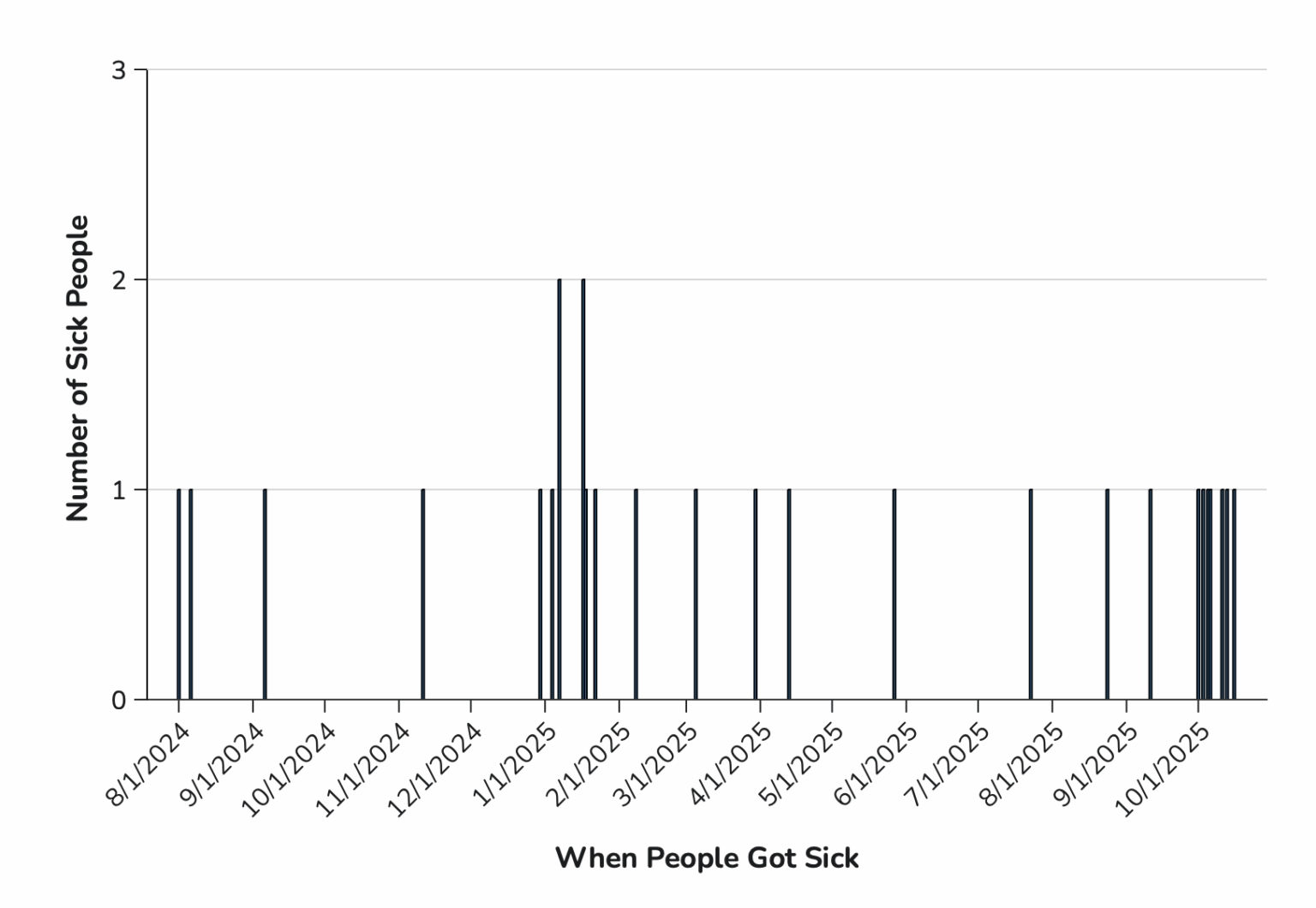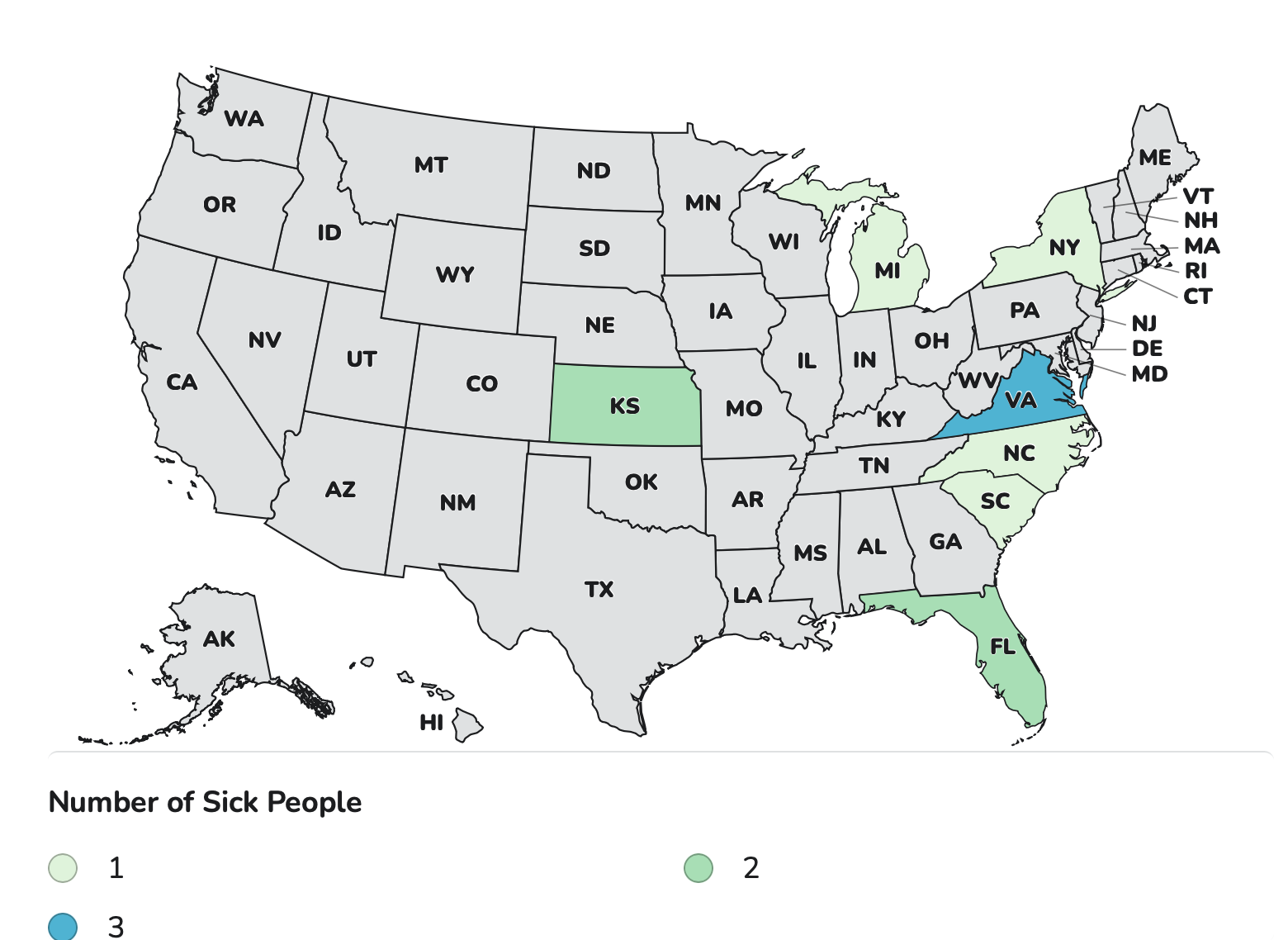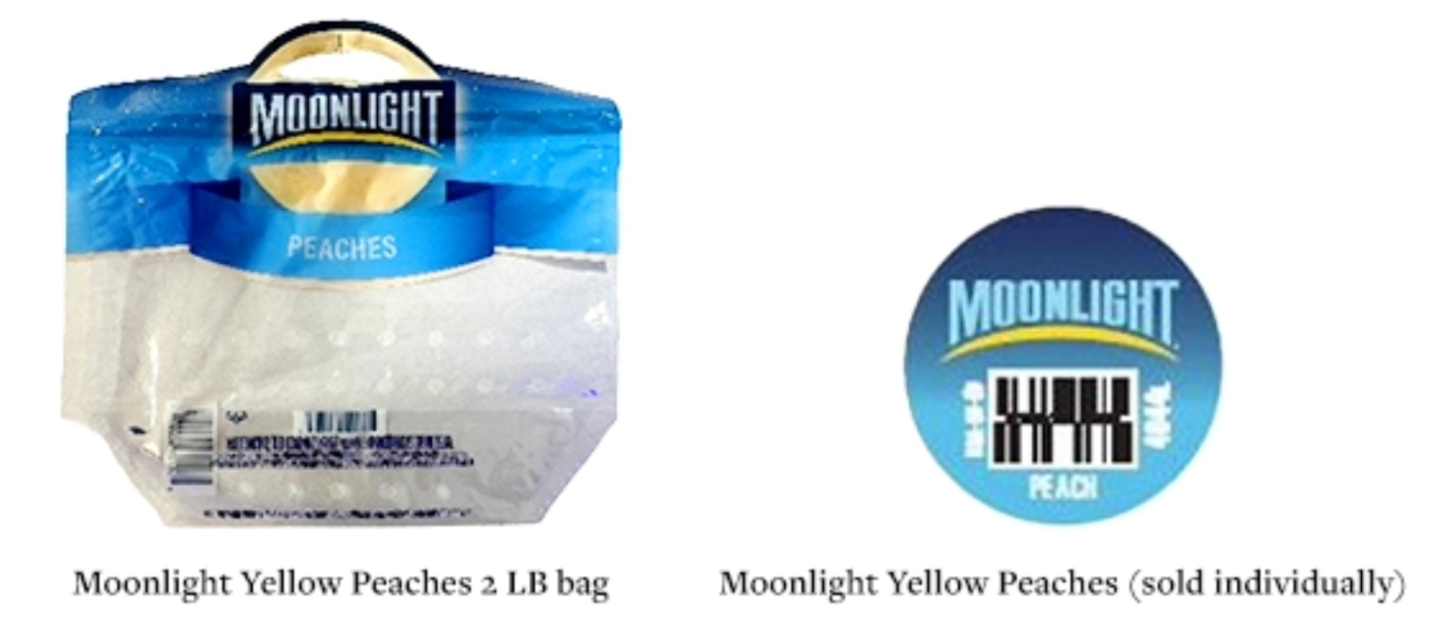— OPINION —
Almost half a year (that’s right, half a year!) after Fresh Realm ready-to-reheat meals were originally linked to a Listeria monocytogenes outbreak and the original recalls were conducted, illnesses continue and pasta as an ingredient by another supplier (Nate’s Fine Foods) is now contributing to a wave of ingredient driven recalls in a variety of pasta containing meal products sold by retailers.

While this one seems ripe for more transparent investigatory reporting, either by public health officials or the media, so we can all learn from it and prevent something like this from happening again, here are some Straight Talk aspects not making news.
- There continue to be additional illnesses and deaths per CDC’s epi curve well past the original June 2025 investigation and recall.
- That means that additional illnesses, deaths, and recalls could have been prevented, if a proper root cause investigation would have been conducted back in June.
- Remember, simply recalling a food item during an outbreak is not good enough. We need to insist on better root cause investigations by both the public and private sector to accurate identify what went wrong and prevent a reoccurrence.
- This outbreak investigation may have been complicated because it involved two federal agencies, the FDA and USDA.
- As previously reported, the last FDA inspection on record for the pasta supplier was in May this year, a month before the original outbreak was reported, and it resulted in NAI, which means “no actions indicated” because no objectionable conditions or practices were found. The report can be found here.
- How did the issue of repeatedly contaminating cooked pasta with Listeria monocytogenes get missed in that inspection by regulators — as well as by the company? The consequences of that miss are proving to be costly.
- And where’s the outrage? Outrage related to foodborne outbreaks appears to be selective, expressed in some but not in others.
- Because of the original misses, multiple federal regulatory agency involvement, and the ongoing nature of preventable illnesses, this one seems ripe for oversight, whether by the agencies themselves, the GAO, or Congress, so we can all learn from it and get better.
- As yet another interesting aspect, most retailers require GFSI based audits annually of their suppliers. While I haven’t seen any of the third-party audit reports, I suspect they too — like federal investigators — failed to identify the risk and less than adequate preventive controls by the company during their audits.
- But lastly, let me be clear, producing safe food is first and foremost a producer’s responsibility. It’s clear the food producer, in this case Nate’s Fine Foods, either failed to identify Listeria as a foreseeable risk, over indexed on the assumption this product would be reheated thoroughly by consumers before consumption, and/or failed to implement adequate controls. It could be a combination of these factors, and more.
Bottom line. We CAN do better.
It’s critical that we learn from such tragic incidents to ensure they never happen again.
Consumers deserve that from us.
About the author: Frank Yiannas is a food safety leader and executive, food system futurist, author, professor, past president of the International Association of Food Protection, and advocate for consumers. Most recently, he served under two different administrations as the Deputy Commissioner for Food Policy and Response at the U.S. Food and Drug Administration, a position he held from 2018 to 2023, after spending 30 years in leadership roles with two industry giants: Walmart and the Walt Disney Company.





